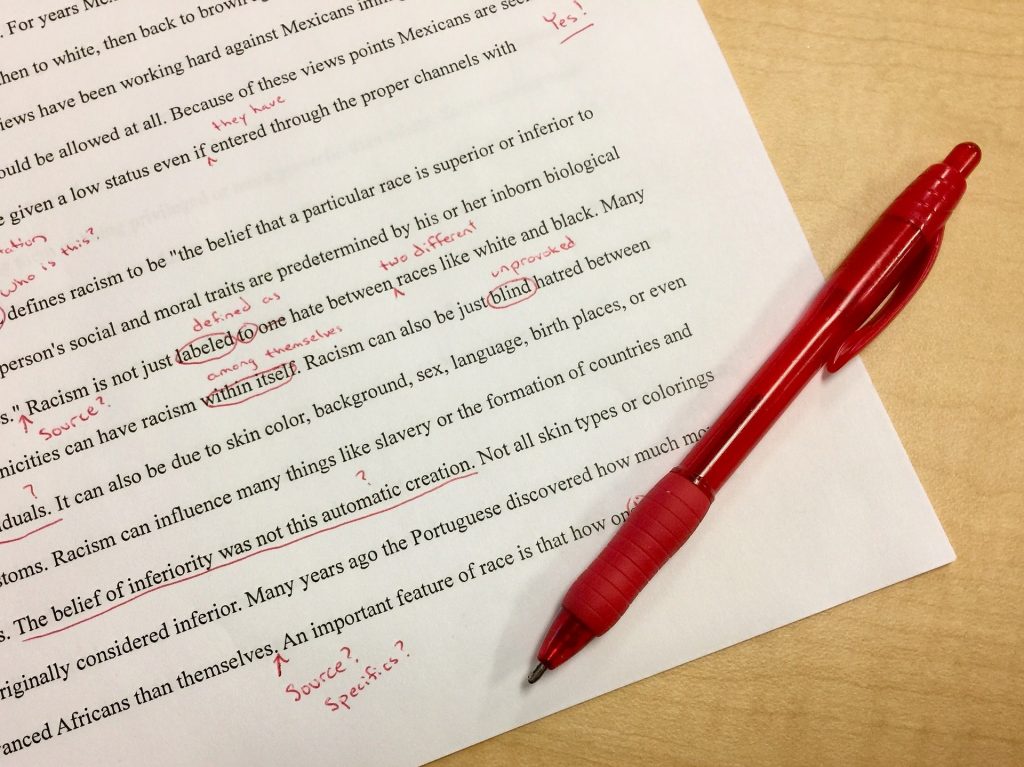 Let’s face it. The English language is tough. I have spoken it my entire life, and I still do not speak it perfectly; in fact, I don’t know anyone who does. One can easily imagine the challenges that can arise when teaching this language and all of the rules (and exceptions) that go along with it.
Let’s face it. The English language is tough. I have spoken it my entire life, and I still do not speak it perfectly; in fact, I don’t know anyone who does. One can easily imagine the challenges that can arise when teaching this language and all of the rules (and exceptions) that go along with it.
For this post, I have once again gone straight to the source and asked my fellow English teachers to share some of the more difficult challenges they have faced on the job at their Enrichment Academies. I hope you enjoy reading these reflections and that they allow us all to appreciate a little more the deep complexity of the language we use to communicate every day!
Difficult Situations English Tutors Face
On Memory:
When I first started teaching, I worked with a student who would do well in class. This student would be able to respond to questions and get solutions without help, but then when a parent asked the student what we had learned, this student wouldn’t be able to tell what was covered in class. The mom shared concerns about her child’s memory and ability to retain knowledge long-term, and the longer this went on, the more serious it seemed to be. The student was bright and willing to learn, but I didn’t have the tools I needed to help as much as I wanted.
-Nicole A.
On (Trying) to Spread the Love:
By far the biggest challenge I face when teaching English spans nearly every grade level, and it is attempting to get the students to care enough about English to want to learn and try their best. In many cases, students “don’t like” reading or writing, so they do not put a lot of effort into it. I spend a lot of time trying to come up with creative ideas in hopes of sparking more interest.
-Emily K.
On Practicing what you Preach:
In many cases, my students know what a part of speech is and can describe it, but when it comes to recognizing where one is in a sentence, or how to use one properly, sometimes it’s difficult for them to connect the dots.
-Nichole A.
On Being able to Relate:
As an ESL student myself, it was very hard for me to understand how to use past tense in daily conversations. In my first language, the verb does not change when we talk about the past.
Example: Bahasa: “I run yesterday.” vs. English: “I ran yesterday.”
Also, some words need to end with “–ed” (“walk” vs. “walked”), some with just “–d” (“agree” vs. “agreed”), some are irregular and completely change (“think” vs. “thought”) and some do not change at all! (“cut,” “hit,” “put,” etc.)
Add to this that English has different forms of the past tense, and it was very difficult for me to learn.
And just let me add, I still do not understand why vowels in English can change sound depending on how they are used!
-Elaine T.
On Being Confident:
I think the biggest challenge I have as an English teacher is encouraging creativity in students’ writing. I usually share with students my own ideas—this shows them that it’s okay to be silly or write something completely out-of-the-box. Brainstorming games are also a great way to get kids thinking creatively. My favorites usually include an activity where they write exactly what they’re thinking without stopping to think about it (called freewriting). It encourages them to write what they’re thinking without critiquing their work first. After they’re done, they can go back and sift through what they have written. It’s a great way to help writer’s block and encourage creativity!
-Becky A.
On Being Realistic:
“Nobody talks like that!” is a quote heard regularly in class in response to a lesson on how to appropriately speak or write. Students want to use it as an excuse and have to be reminded that people are much more forgiving of errors when you speak than they are when you write.
-Beth F.
On Practice Making Perfect:
I had a student who did not love English. He had trouble distinguishing between a pronoun and proper noun. After trying to explain the difference and giving examples, he seemed to have a better understanding. A few weeks later while writing a creative writing assignment, I noticed he was still capitalizing pronouns. So, for the next few weeks, at the beginning of class, I would have him write sentences using only pronouns. We worked through this, and then I did the same with proper nouns. After approximately a month, my student was able to consistently able to use pronouns and proper nouns correctly in a sentence.
-Pam C.
So what can we take away from this? Although this post is geared towards English specifically, I believe that many of the struggles mentioned can be applied to any subject or discipline, and that they highlight that grasping any skill takes a little patience and a lot of practice. No one is immune from facing difficulties from time to time, and that is especially true for those attempting to master the perfectly imperfect English language. Also: You might want to go thank an English teacher today (just a suggestion).
What do you think? What are the struggles you have faced in either learning or teaching English? Do you have any tips to help with these difficulties? We would love to hear from you in the comments!
Author: Emily Karth, Writer and Teacher at A Grade Ahead
